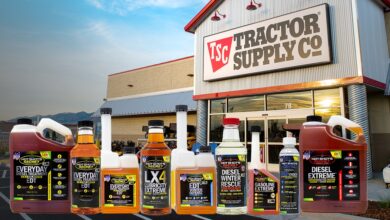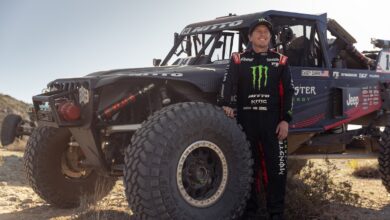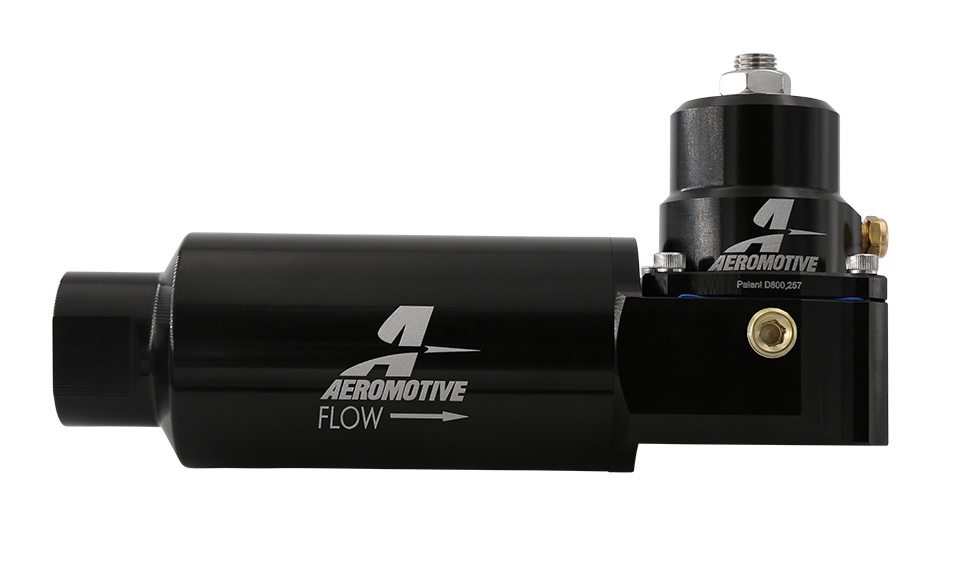
This article originally appeared in the March 2024 issue of THE SHOP magazine.
Performance engines of all shapes and sizes require the proper fuel pump to keep things flowing smoothly. Today’s offerings can handle everything from routine street machines to high-horsepower numbers that would have been thought of as unachievable just a few years ago.
Shops in the know recognize the pump’s contributions to total fuel system success and overall performance and reliability.
If you have customers coming in with a “bigger is better” attitude, take the time to find out their long-term plans for each project to determine the just-right fit for their application. Suppliers pitch in with their latest products and tips on how to successfully fuel the passion of clients thirsty for more.
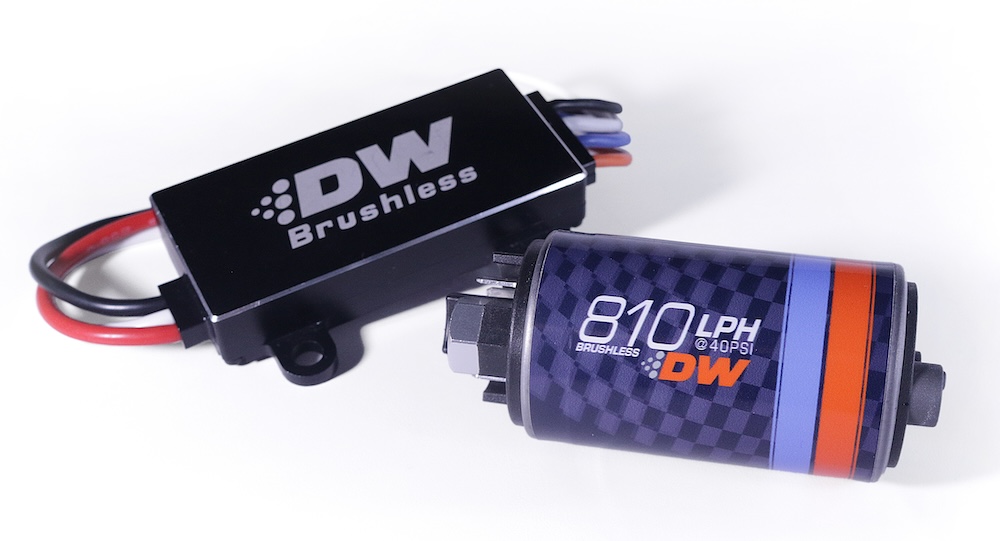
KNOW THE FLOW
Customers love big power and big numbers, which sometimes leads them to request bigger fuel pumps and systems than their projects require.
“A very simple mistake we see is a pump with a higher flow rate than needed. Though our 290-gph system is extremely quiet, the lower-flowing systems will be even quieter,” says Josh Thornton, research and development engineer for FASS Diesel Fuel Systems. “If a truck is fairly stock with just a simple tune, then there is no need to utilize a FASS (unit) that would generally be for trucks with 1,000-plus-hp, as the customer can notice additional sound output.”
Suppliers often suggest customers and shops take the entire fuel system into account when planning a build.
“Having all the correct parts in the system working together is key. Customers might try to save by using parts they have lying around or trying to use a cheaper part and end up costing themselves more money and frustration later,” says Phillip VanBuskirk, national sales manager for Aeromotive.
Educating the client on why it’s important to use the correct parts the first time creates a successful project and helps build trust.
“Having all the parts (for a complete system) will save you time installing the system and prevent delays while waiting on parts,” VanBuskirk says. “The pump is the heart of the system and shops can use the Aeromotive Power Planner to help them build out the remaining parts.”
Brandon McDaniel, senior technical product specialist for DeatschWerks, recommends paying particular attention to total fuel system pressure.
“Pump flow decreases as pressure increases,” he explains. “If you are running 30 psi of boost on top of a 58-psi base system, you have a total system pressure of 88 psi. Your pump might flow enough at 58 psi but fall short at 88 psi for your power needs.”
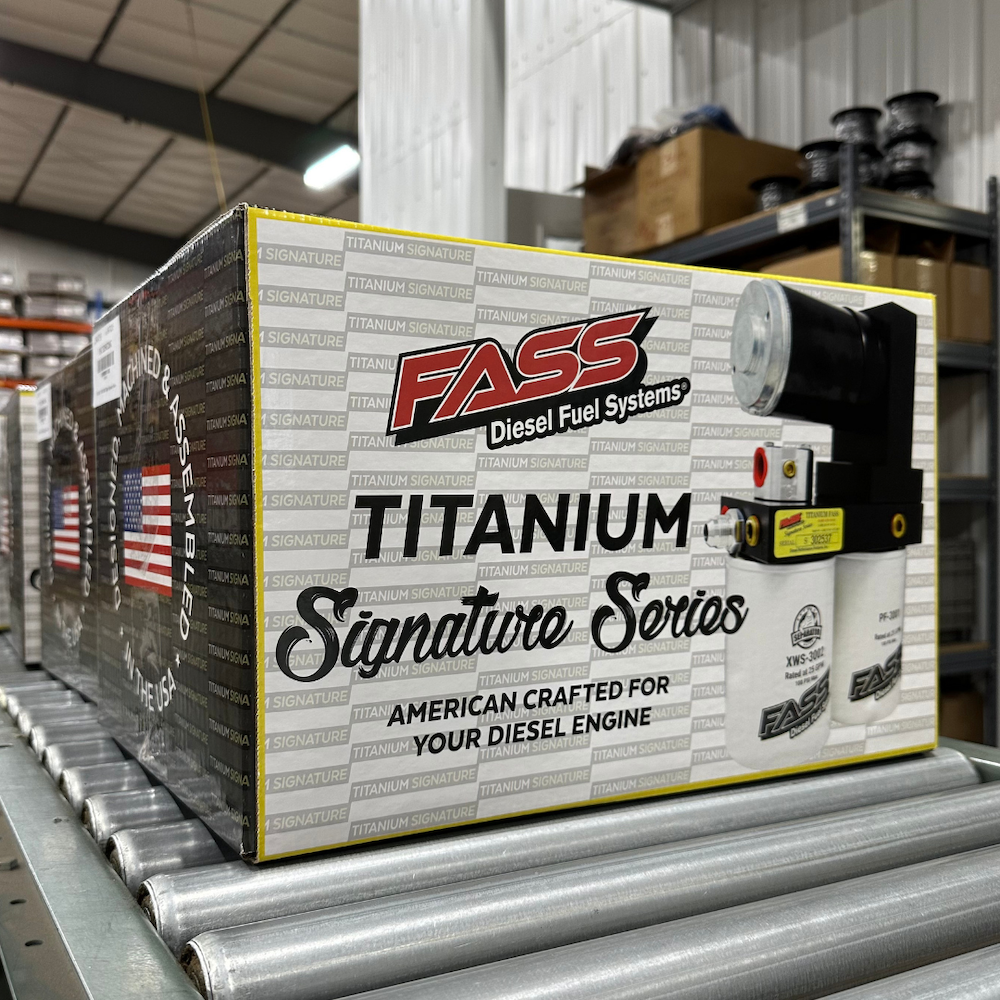
THE APPLICATION IN QUESTION
The only way to really know what a project requires is to ask a lot of questions.
“When helping a customer with their fuel system build, fully understanding the customer’s goals is key,” says VanBuskirk. “Vehicle use, fuel type and power goals all play into what the best fuel pump choice will be.”
Suppliers are happy to offer some of the most effective questions to get the sales process rolling:
How much power are you trying to make? What type of fuel are you going to use? What base and boost pressures are you going to run?
“If a customer is purchasing injectors or other fuel system components, recommend a fuel pump that will help support those purchases,” says McDaniel.
What is the primary use of your vehicle and what are your plans for it?
“If the truck is stock and the customer is just looking to improve long-term reliability, then the (fuel system) will be sized for the appropriate lower horsepower range,” says Thornton. “If the truck is a toy and the customer is looking to increase the horsepower substantially, then we will recommend a higher flow rate to ensure adequate fuel delivery.”
MAXIMIZING SALES
When talking about the goals drivers have for their projects, it makes sense to take a comprehensive approach.
“Laying out the whole system for the customer not only helps get the best combination, but also leads to related sales—everything from the main components, pump, regulator and filter to the things often overlooked like filter mounts, fittings, hose and wiring,” says VanBuskirk from Aeromotive.
One way to increase sales is by focusing on benefits that go beyond horsepower numbers.
“A FASS Titanium Signature Series is not just a fuel pump but rather a complete fuel system that improves filtration over OEM substantially and can triple the life of fuel injection system components,” says Thornton. “For customers looking to improve reliability, this is the absolute first modification that should be added to their diesel.”
Don’t forget to check with your suppliers for assistance and expert guidance, says McDaniel from DeatschWerks, and plan according to your numbers.
“Utilize your dealer network and internal sales history to stock high-volume products for quicker sales,” he says.

